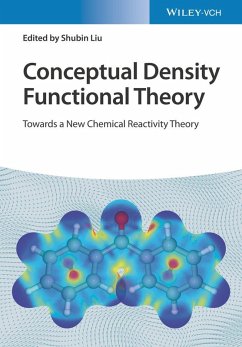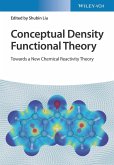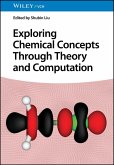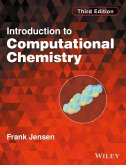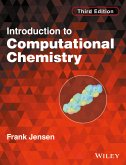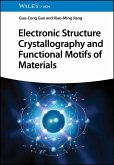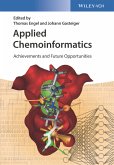Conceptual Density Functional Theory
A unique resource that combines experimental and theoretical qualitative computing methods for a new foundation of chemical reactivity
This two-volume reference book shows how conceptual density functional theory can reconcile empirical observations within silico calculations using density functional theory, molecular orbital theory, and valence bond theory. The ability to predict properties like electronegativity, acidity/basicity, strong covalent and weak intermolecular interactions as well as chemical reactivity makes DFT directly applicable to almost all problems in applied chemistry, from synthetic chemistry to catalyst design and materials characterization.
Edited by one of the most recognized experts in the field and contributed to by a panel of international experts, the work addresses topics such as:
Theoretical chemists and physicists, as well as those applying theoretical calculations to empirical problems, will be able to use this book to gain unique insight into how theory intersects with experimental data in the field of qualitative computation.
A unique resource that combines experimental and theoretical qualitative computing methods for a new foundation of chemical reactivity
This two-volume reference book shows how conceptual density functional theory can reconcile empirical observations within silico calculations using density functional theory, molecular orbital theory, and valence bond theory. The ability to predict properties like electronegativity, acidity/basicity, strong covalent and weak intermolecular interactions as well as chemical reactivity makes DFT directly applicable to almost all problems in applied chemistry, from synthetic chemistry to catalyst design and materials characterization.
Edited by one of the most recognized experts in the field and contributed to by a panel of international experts, the work addresses topics such as:
- Qualitative methods that are capable of rationalizing chemical concepts derived from theory and computation
- Fundamental concepts like the computation of chemical bonding, weak interactions, and reactivity
- Computational approaches for chemical concepts in excited states, extended systems, and time-dependent processes
Theoretical chemists and physicists, as well as those applying theoretical calculations to empirical problems, will be able to use this book to gain unique insight into how theory intersects with experimental data in the field of qualitative computation.
Dieser Download kann aus rechtlichen Gründen nur mit Rechnungsadresse in D ausgeliefert werden.

